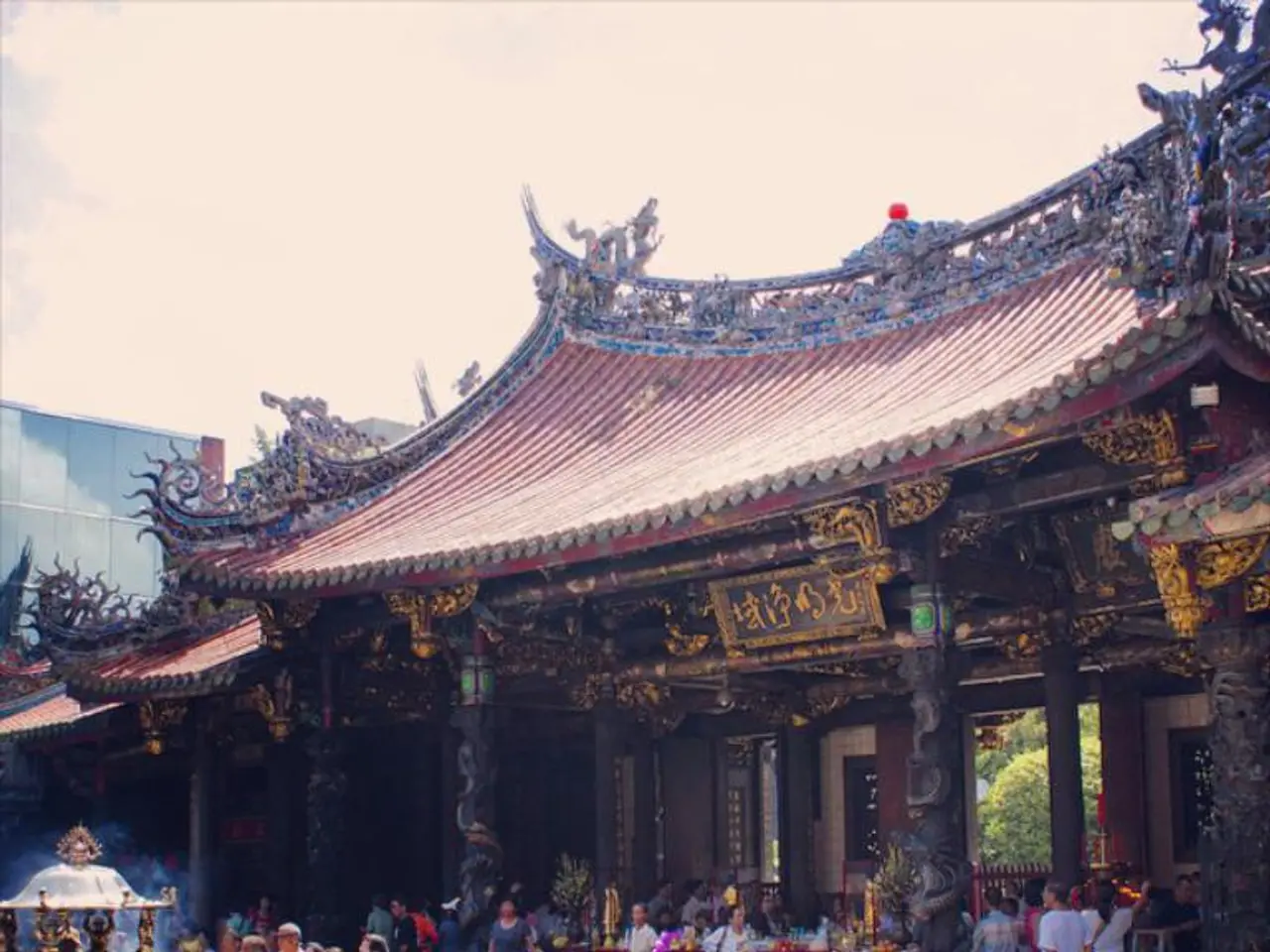Japan experiences a fourth consecutive annual increase in land prices
In a significant development, Takayuki Kobayashi, Shinjiro Koizumi, and Yoshimasa Hayashi announced their candidacy for the leadership of Japan's Liberal Democratic Party (LDP) on Tuesday. Meanwhile, the property market in Japan has witnessed a notable surge, with the average land price increasing by 1.5% from the previous year in July 2021. This marks the fourth consecutive year of land price increase in Japan.
The growth rate accelerated from last year's 1.4%, with the average price for residential districts in regional areas, excluding Tokyo, Osaka, Nagoya, Sapporo, Sendai, Hiroshima, and Fukuoka, ending a 30-year decline. In these areas, the average commercial land price posted a sharper rise, while the average prices in the four regional cities also grew, albeit at a slower rate for the second consecutive year.
In Tokyo, Osaka, and Nagoya, the average residential and commercial land prices increased faster than the previous year. A residential land plot in the Akasaka district of Tokyo's Minato Ward remained the highest-priced such plot for the seventh successive year, with its price rising to 6.43 million yen per square meter. Among commercial land plots, a building site in the Ginza district of the capital's Chuo Ward had the highest price for the 20th consecutive year, at 46.9 million yen per square meter.
The increase in residential land prices was due to low mortgage rates and growing housing demand in resort areas. In central Tokyo, land prices in commercial districts, including condominiums, were pushed up by investments in condominiums, including those by foreigners. In commercial districts, areas visited by foreign tourists and hosting new semiconductor plants showed remarkable land price increases.
Interestingly, in areas affected by the January 2024 Noto Peninsula earthquake, residential and commercial land prices continued to fall, albeit more slowly, due to progress in infrastructure improvement and the state-paid demolition of damaged houses. The number of prefectures with higher commercial land prices increased to 30, an increase of two, while the number of prefectures with higher residential land prices increased to 20, an increase of three.
These developments underscore the ongoing dynamism of Japan's property market, even as the country's political landscape prepares for a leadership change. As the new leaders take office, their policies and initiatives could potentially shape the trajectory of Japan's real estate market in the coming years.






